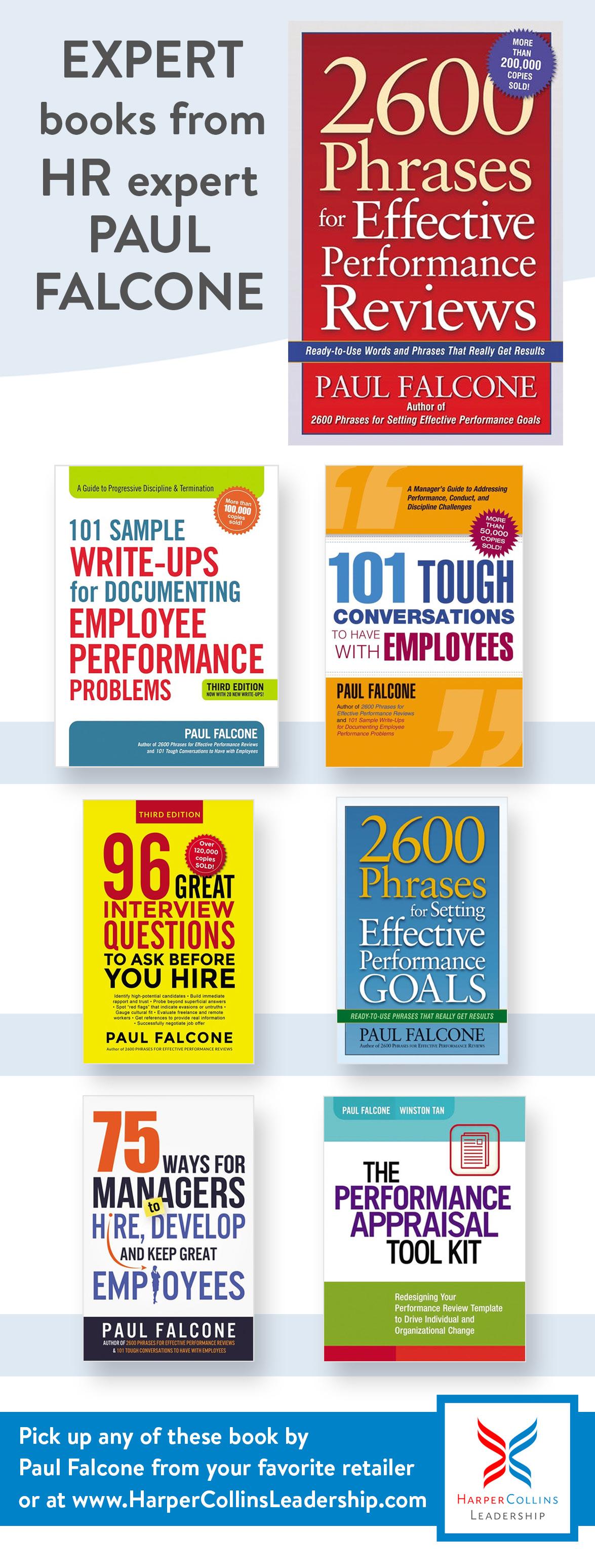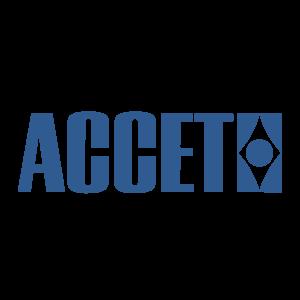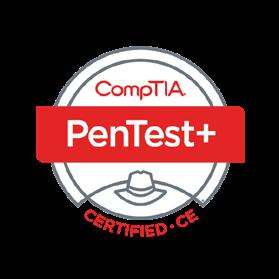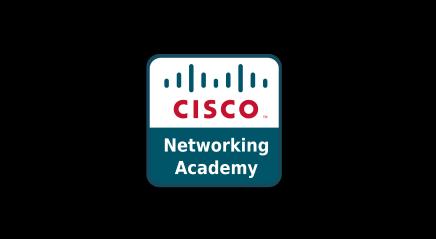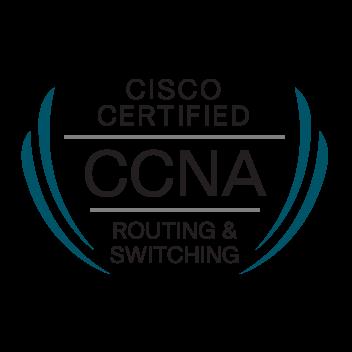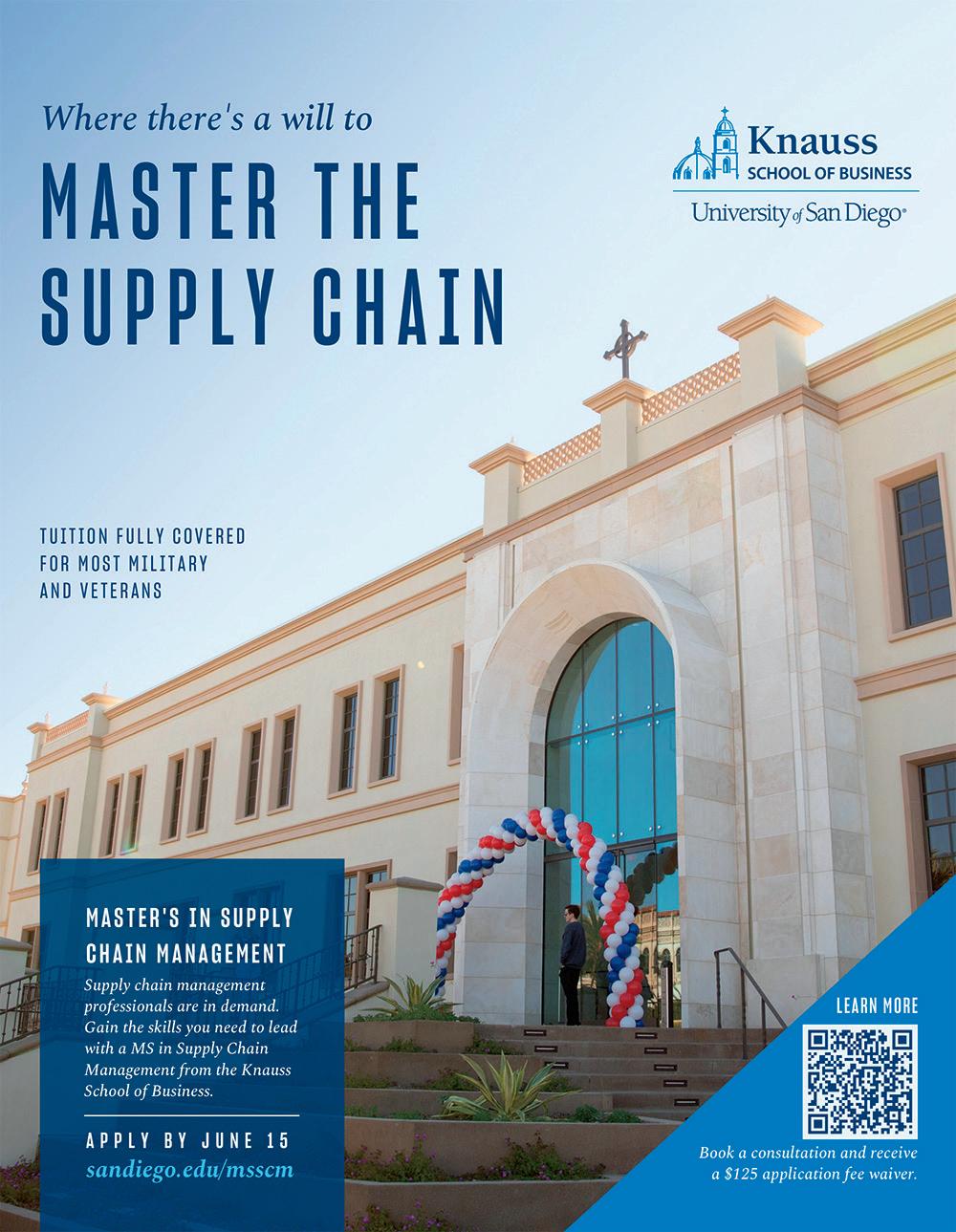
3 minute read
Transition to Business HUMAN RESOURCES

By Paul Falcone
Preparing for a Panel Interview
you may see a number of empty stares with interviewers looking toward one another to see who wants to ask a question, who wants to answer one of your questions, and the like. That’s okay: panel interviews can be challenging for the interviewers as well. When you sense an awkwardness or a feeling of “walking-on-eggshells” from those on the panel, smile a lot, nod your head, and make your body language as welcoming as possible to lessen that feeling of awkwardness that the interviewers may be experiencing.
Likewise, be prepared for organizations that are particularly well in sync when it comes to team interviews. In those cases, you’ll experience a feeling coming from the interviewers of orderliness, calm, selfassuredness, and candor. Organizations that know how to conduct team interviews effectively often identify “roles” that each interviewer can take, such as:
1 The Opener: the individual who welcomes you, asks you about yourself, how you learned of the opportunity, and why you may be excited about it.
2. The Technician: the interviewer responsible for checking your “tech chops,” especially if you’ll be working in an environment where specific software or technical skills are required.
Nothing says opportunity like the 4th of July holiday, and transitioning successfully into the business world is chock full of opportunity to demonstrate your skills, personality, and potential “fit factor” within each corporate setting where you interview. That being said, it’s not uncommon for companies to include a panel interview of your would-be peers or of your potential internal clients and stakeholders so that everyone has a chance to weigh in on the finalist hired. If that’s the case, there’s no need to worry—you simply want to be prepared by having a general idea of what to expect and knowing how to put your best foot forward.
First, I would make a humble argument that corporate America isn’t particularly good at panel interviews. In many organizations, there is little coordination beforehand of who will ask what questions, who will be responsible for certain focus areas, who will be the one to “sell the organization,” and the like. Therefore,
3. The Career Evaluator: one person may be responsible for asking you about your career ambitions, militaryto-private sector transition strategy, and why accepting this job now would make sense for you in terms of your overall career progression and personal goals.
4. The Compensation Specialist: one individual may ask you what your compensation goals are, what elements are involved (base salary versus commission versus bonus), and the like.
5. The Inviter: one interviewer may at some point turn over the interview to you and ask what questions you have at that point about the organization, industry, or role you’d be filling.
6. The Transitioner: one person may be responsible for concluding the interview, following up with any pending items, and escorting you back to human resources or to your next one-on-one interview.
What’s important is that you think through your role relative to each of these individuals’ queries. For example, when the “Opener” asks you a little bit about yourself, are you prepared to provide your “elevator pitch” that captures your entire work history in sixty seconds or less? Likewise, are you confident in your ability to explain yourself in layman’s terms so that nonmilitary managers and recruiters will understand it? For the “Career Evaluator,” are you prepared to discuss what criteria you’re using in selecting your first position out of the military by industry, company, and role? For example, “My ideal position would be working in the private sector for an auto parts manufacturing company with global reach. I love cars, studied mechanical engineering, worked on engines and HVAC solutions in the military, and I want to be part of an organization with global reach.”
Finally, do you have two or three questions in your pocket for the “Inviter” when you’re asked if you have any questions for the team? For example, “I understand the primary responsibilities of the position. Can you share with me some of the secondary duties that might be involved—maybe things that only happen quarterly or twice a year?” Likewise, “What two or three criteria are you looking for in selecting a finalist for this role?” or “If you could add or subtract anything from the background of the person who held this position in the past, what would it be?” Much like you’d prepare for a one-on-one interview, the team interview covers various career, personal style, and “corporate fit” areas that address your overall candidacy for the position. Have fun with it, don’t be thrown off or intimidated by the larger group, and use the team interview as an opportunity to shine by letting the interviewers know all that you have to offer.

You can connect with Paul on LinkedIn at www.linkedin.com/in/paulfalcone1 www.HarperCollinsLeadership.com
Paul Falcone (www.PaulFalconeHR.com) is a management trainer, executive coach, and bestselling author on hiring, performance management, and leadership development.
